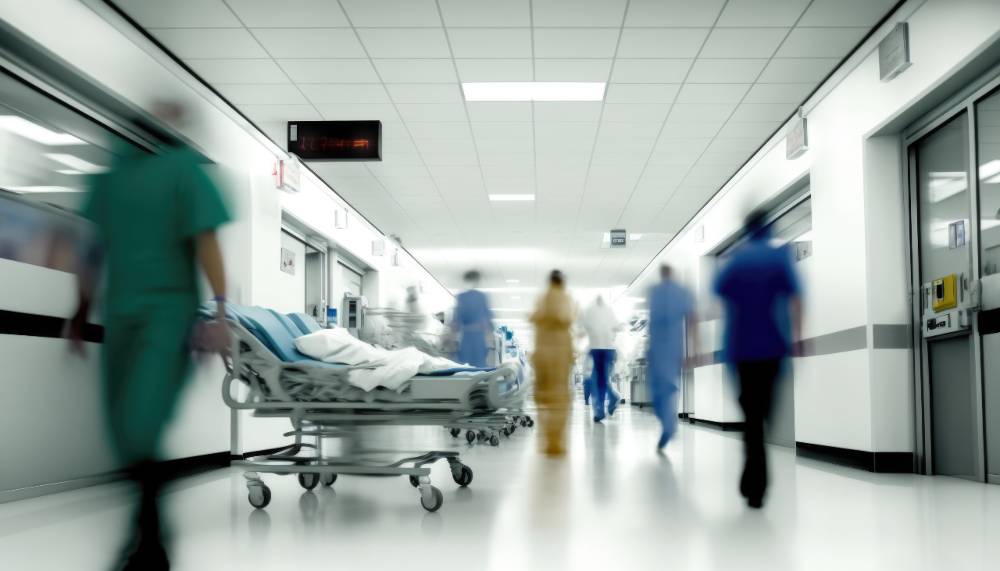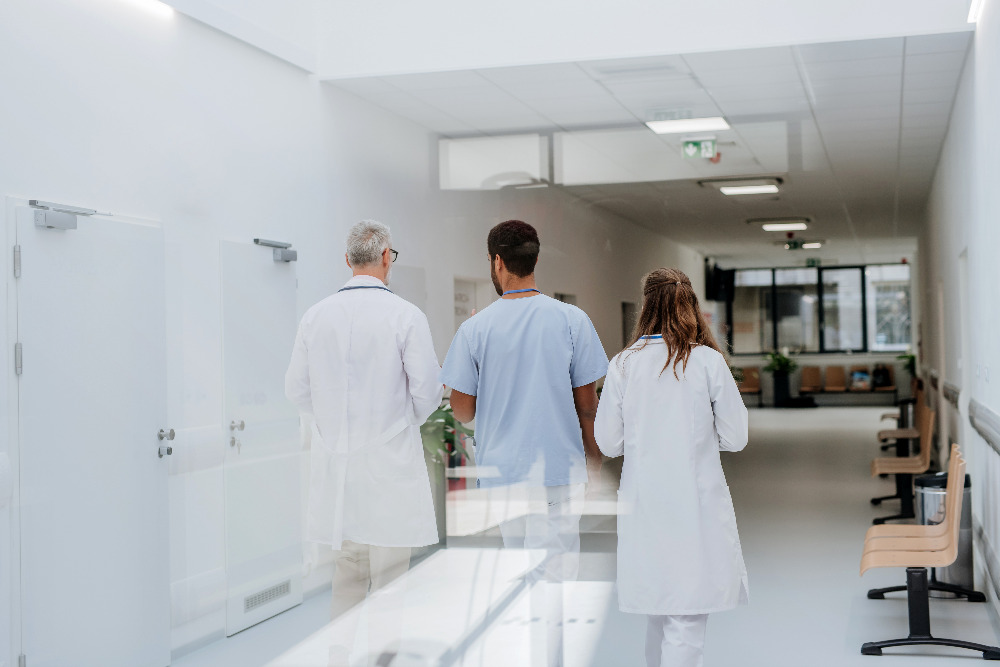Protecting the Public
The College’s mandate is rooted in public safety and includes the legal obligation to investigate each complaint it receives. The College is committed to making the complaint process as sensitive and streamlined as possible while assuring a legally rigorous framework to hold our profession accountable.
The difficult work of investigating a complaint is undertaken by physicians and members of the public who care deeply about public safety and the medical profession.
Investigating complaints is emotionally charged involving high-stakes decision-making. We recognize how stressful it can be for patients to come forward with their concerns. In turn, we appreciate the stress placed on physicians and acknowledge the well-documented strain that is added when they are the subject of a complaint. Every effort is made to provide timely and respectful communications to both parties throughout the process.
The difficult work of investigating a complaint is undertaken by physicians and members of the public who care deeply about public safety and the medical profession.
National Rise in Complaints
The volume of complaints received by the College over the past six years has increased by 42 percent. From the College’s perspective, this rise is an indicator of the building pressures within our strained healthcare system rather than a marker of quality across the profession. The rise in complaints is a national trend.
In response to the growing volumes and to the mounting stress, the College has restructured its approach to investigations. The goal is to expedite and humanize our process without compromising its legal integrity.

Physician Investigators
We have added two physicians as investigators to our team, who reach out to the physician directly upon receipt of a complaint. Without going into details of the complaint, the investigators explain the process going forward, identify supports available to the physician, and encourage the engagement of the Canadian Medical Protective Association. The investigators answer any questions physicians may have.
The investigators are tasked to investigate the complaint and determine if it meets the threshold for a Registrar resolution or if review by an Investigation Committee is warranted. A summary of their investigation is documented to assist with an efficient review of the matter. Our public support advisor, a trained social worker, supports the public complainant throughout the investigation process.
College staff and committees tasked with this sensitive work receive ongoing training in trauma-informed and culturally appropriate approaches. A specifically trained Investigation Committee is now in place to address complaints that allege racism or systemic bias. Across all committees, efforts are ongoing to strengthen the diversity of their members, realizing the importance of first voice and lived experience when investigating complaints.

Protecting the Integrity of the Profession
Complaints are on the rise and are becoming more complex and more contentious across the country. For the College, this has resulted in escalating costs associated with investigating, adjudicating, and resolving complaints.
We wish to thank those physicians and members of the public who support the investigation process, including the Investigation and Hearing Committee members. We are also grateful to the complainants, who, by bringing forward their concerns, allow the College to preserve and protect the integrity of our profession while ensuring the interest of the public is served. The respectful and fair resolution of complaints upholds the confidence of the public and physicians in the medical profession.


